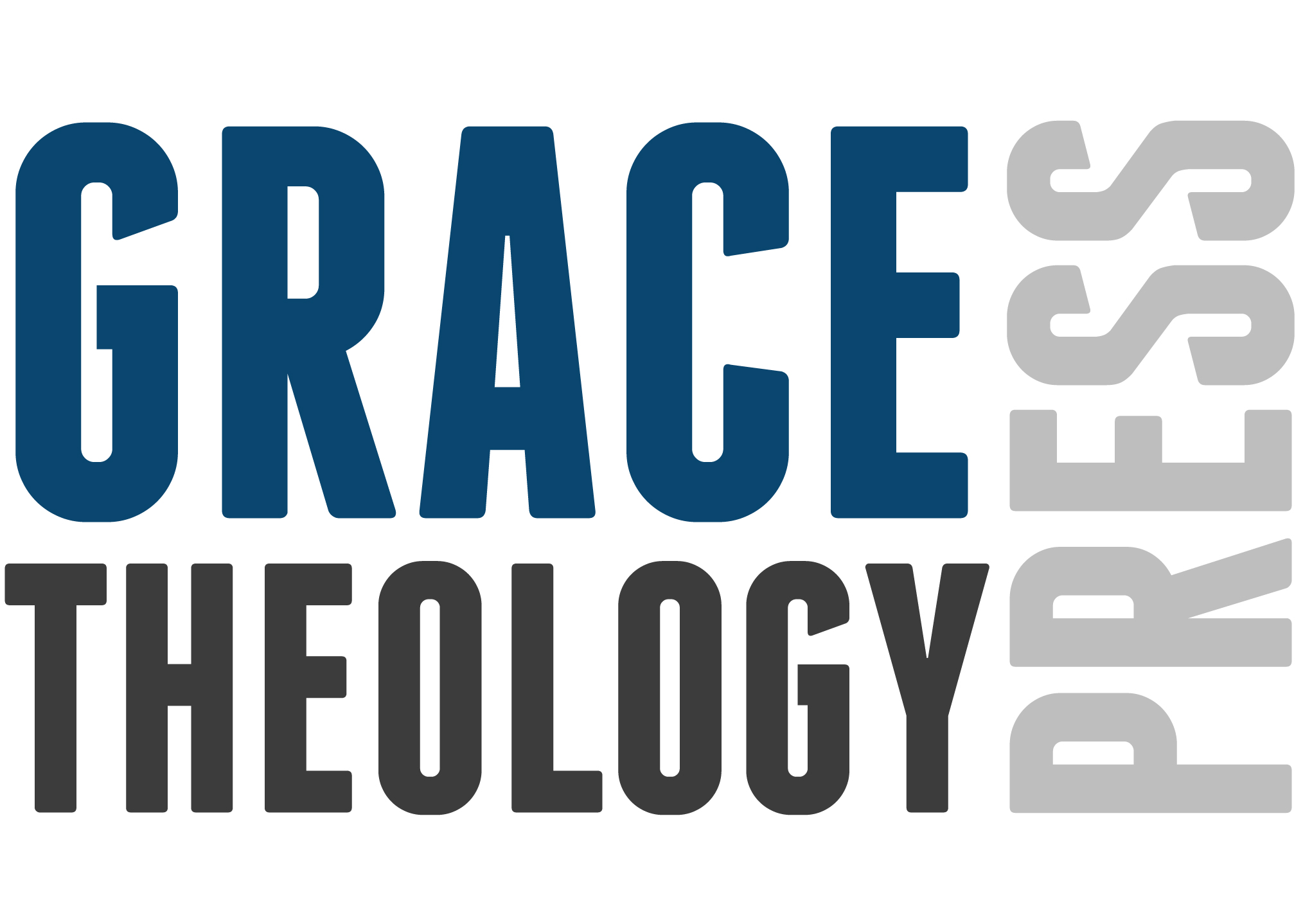I spent my first three semesters of seminary at Fuller Seminary. In the mid seventies, the school was in the midst of changing its view of Bibliology and infallibility. The result was a diminished view of scripture’s accuracy, which seems to be happening again within evangelicalism today. But that is a point for another blog. While at Fuller the emphasis was on historical theology, many of my courses in theology focused on creedal or historical theology. When I transferred to Dallas Seminary because of Fuller’s change in their view of the Bible, the change was extremely noticeable in that the emphasis at Dallas Seminary was on exegetical theology that led to systematic theology. However, I did take four courses on historical theology and found it to be very helpful.
Dr. Greg Alison is a professor of Historical Theology at Southern Seminary. His textbook called Historical Theology is very helpful in clarifying what Historical theology is all about. He states,
“Historical theology is the discipline that studies the interpretation of Scripture and the theological formulation of the church in the past. In other words, it asks: how has the church in the past interpreted the Bible? How has the church formulated and expressed its theology? So, think of historical theology as wisdom from the past. It is wisdom about what constitutes the valid interpretation of the Bible and what constitutes sound theology. It’s the theological tradition that guides us.
This is fairly straightforward definition. But it raises some important questions, such as: What is tradition? How does wisdom from the past relate to the authority of Scripture? If Scripture is primary, then how does tradition guide and shape our beliefs?
We’ll start by clarifying what we mean by tradition. It’s helpful to think of tradition in two ways: tradition with an uppercase T (Tradition) and tradition with a lowercase t (tradition).
Tradition with a capital T
Tradition with a capital T is the form of divine revelation often associated with the Roman Catholic Church. It consists of the oral communication Jesus gave to his apostles, who orally taught their successors, who were the bishops of the early church. It’s a kind of literal passing of Jesus’ words from successive generations of church leaders.
Let’s unpack what this means with two examples.
- The first example comes from 1854. In that year, Pope Pius IX declared the immaculate conception of Mary. He stated that when Mary was conceived in the womb, she bore no guilt from Adam and had no corruption in her nature. She was born without sin and lived her entire life without sin.
- The second example comes from 1950, when Pope Pius XII proclaimed the bodily assumption of Mary. If Mary was conceived without sin, bore no sin, and lived her entire life without sin, then there was no need for her to undergo decay in the grave. Her body didn’t need to die. Instead, she was taken up into heaven and remains embodied there.
Tradition with a lower-case T
When we, as Protestant Christians, think of tradition, we’re instead talking about something different. Tradition with a lowercase T is informed by wisdom that belongs to us from the past, but this kind of tradition doesn’t consider the past as binding. The role of tradition is to clarify and discern Scripture. Scripture still remains the ultimate authority.
Historical theology helps us distinguish orthodoxy from heresy.
Those are loaded terms, so let’s define them.
Orthodoxy is sound doctrine. It’s the doctrine the church is bound to believe, because this doctrine represents the teachings of all of Scripture.
Heresy is anything that contradicts sound doctrine. Either it misrepresents Scripture, ignores Scripture, or incorrectly puts Scripture together.
Historical theology looks to the past in order to understand how previous generations have defined some doctrines as orthodox and others as heretical.”
These are helpful words from Dr. Allison in clarifying what Historical theology is and how it functions regarding Tradition, Orthodoxy and Heresy. However, there is a danger when we allow Historical theology to have too dominant a position in our overall theological scheme. Is it possible that we baptize our scriptural interpretation in an historical view because it is historical, while in fact it might not be biblical? But what if the historical view is wrong? Then it is almost impossible to go against tradition for it is as if we are committing some form of treason to question the authority which becomes Authority and the tradition that becomes Tradition. But always remember: Tradition is not always the tramway to truth!
We can all benefit from the faithful work of Augustine, Luther and Calvin to point us to the scriptures and help clarify many theological issues. But that does not mean that they were always right. In fact, Calvin and Luther, an Augustinian monk, simply duplicate much of Augustine’s views of Soteriology, which were and are in fact wrongheaded and confusing at times. And yet when they are utilized as the baseline for authority and orthodoxy and as a tool to evaluate heresy, then the dangers of historical theology, unchecked by exegesis, are the tragic consequence.
The foundation of Free Grace Theology has been a theology that is based on exegesis. All theological systems claim to be based on a foundation of scripture. Let’s make sure we continue as we have always done, to allow a scriptural foundation under the illuminating ministry of the Holy Spirit to be our fundamental platform.
Serving Him with you until He comes for us,
Fred Chay, PhD
Managing Editor, Grace Theology Press














